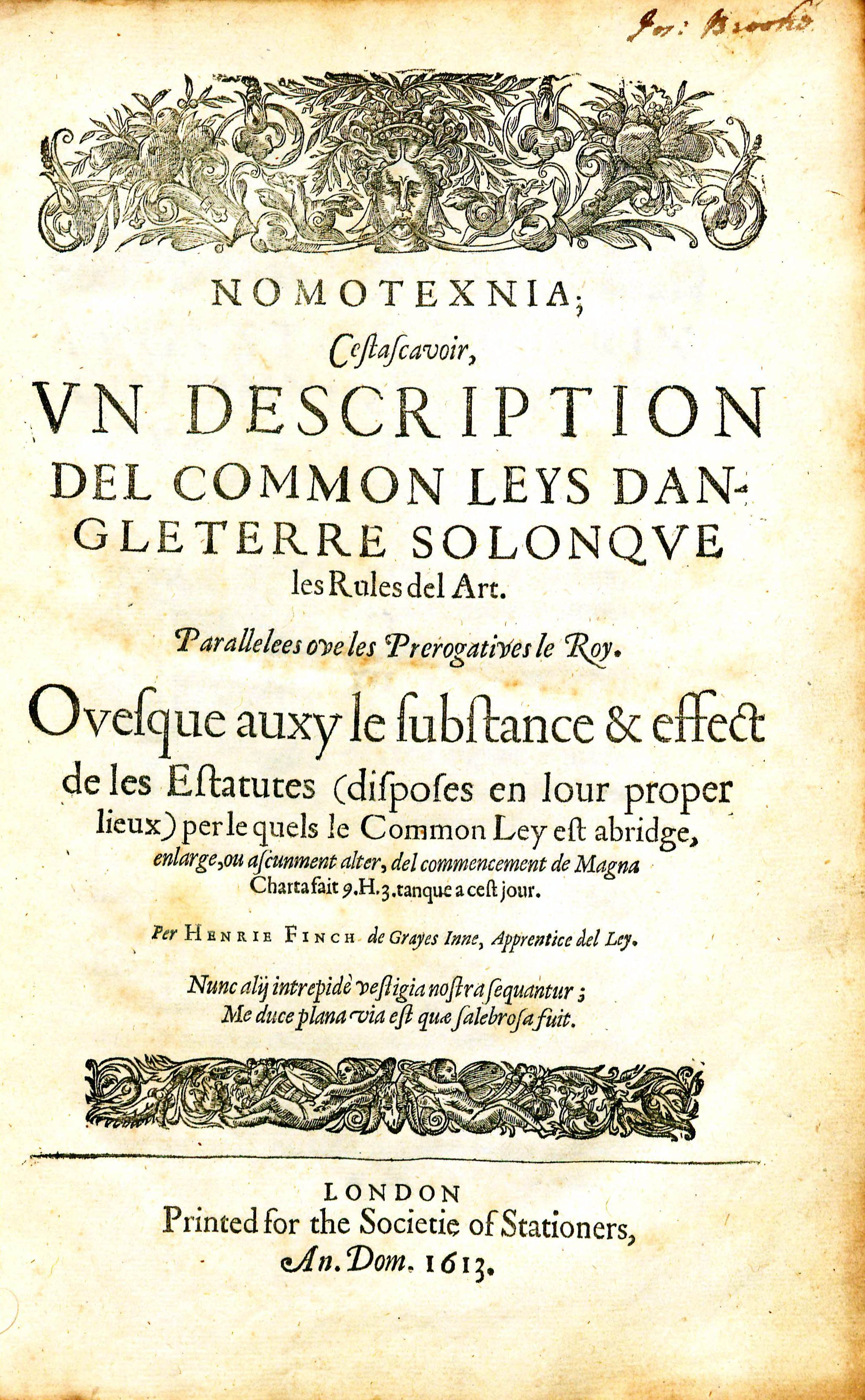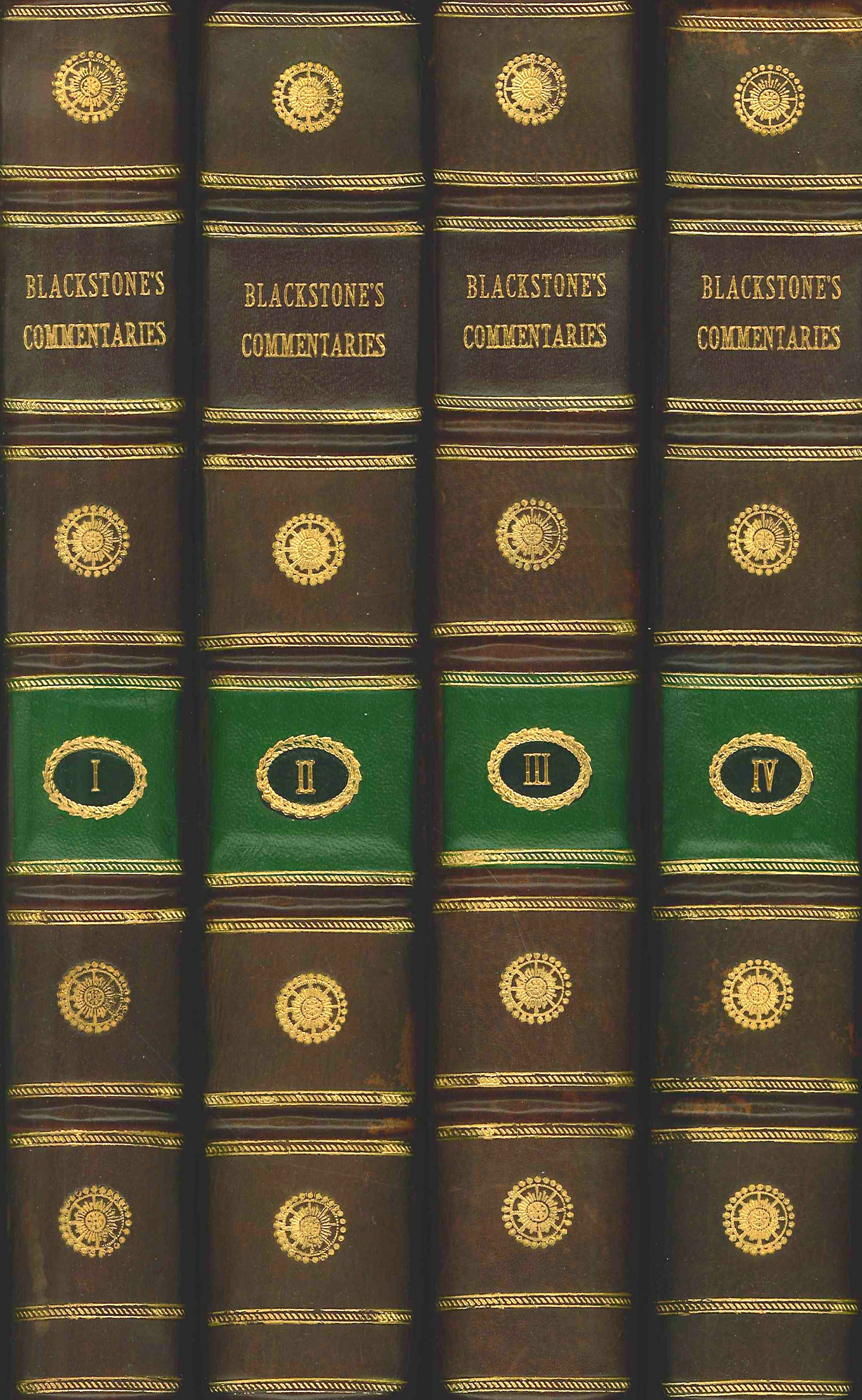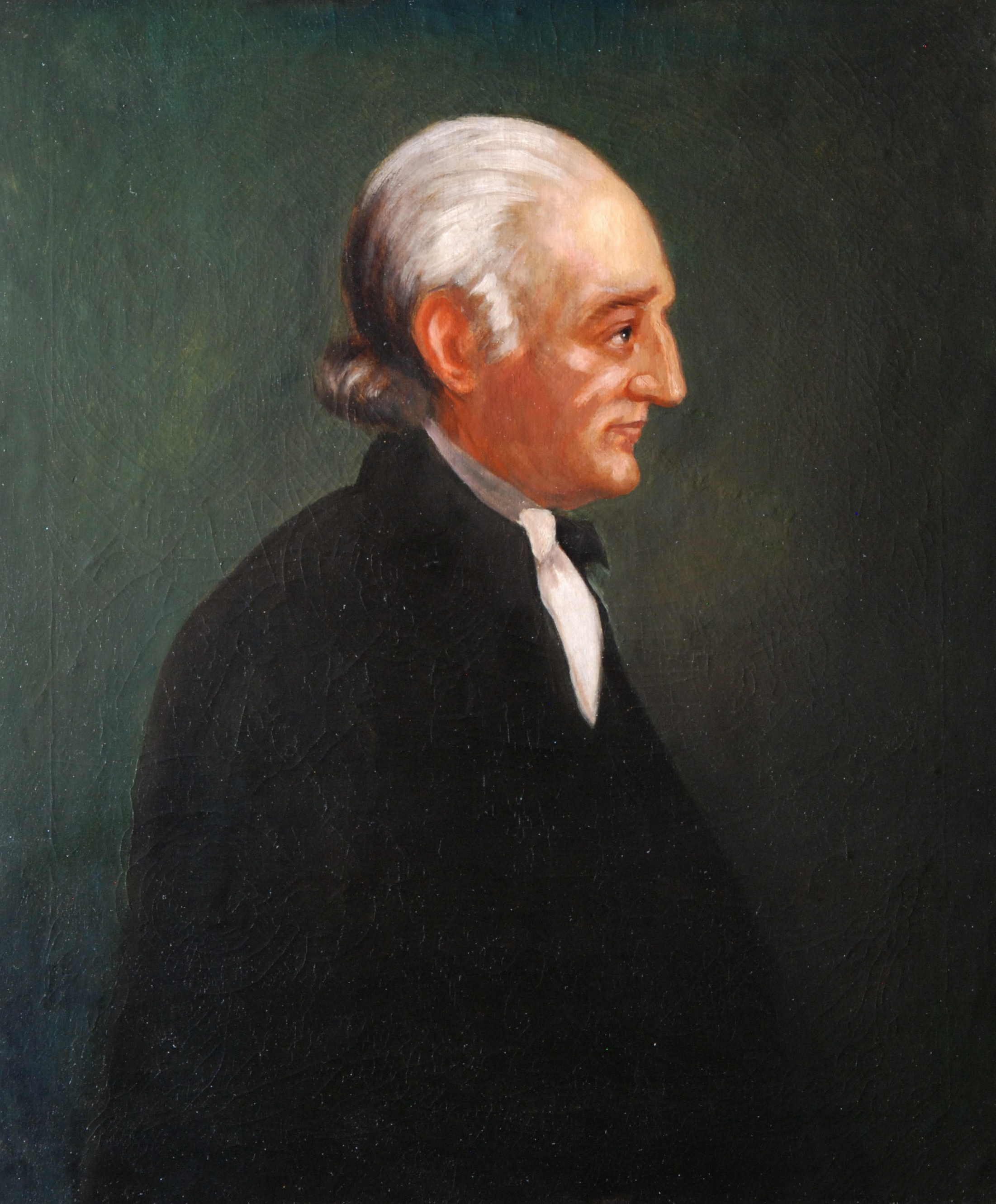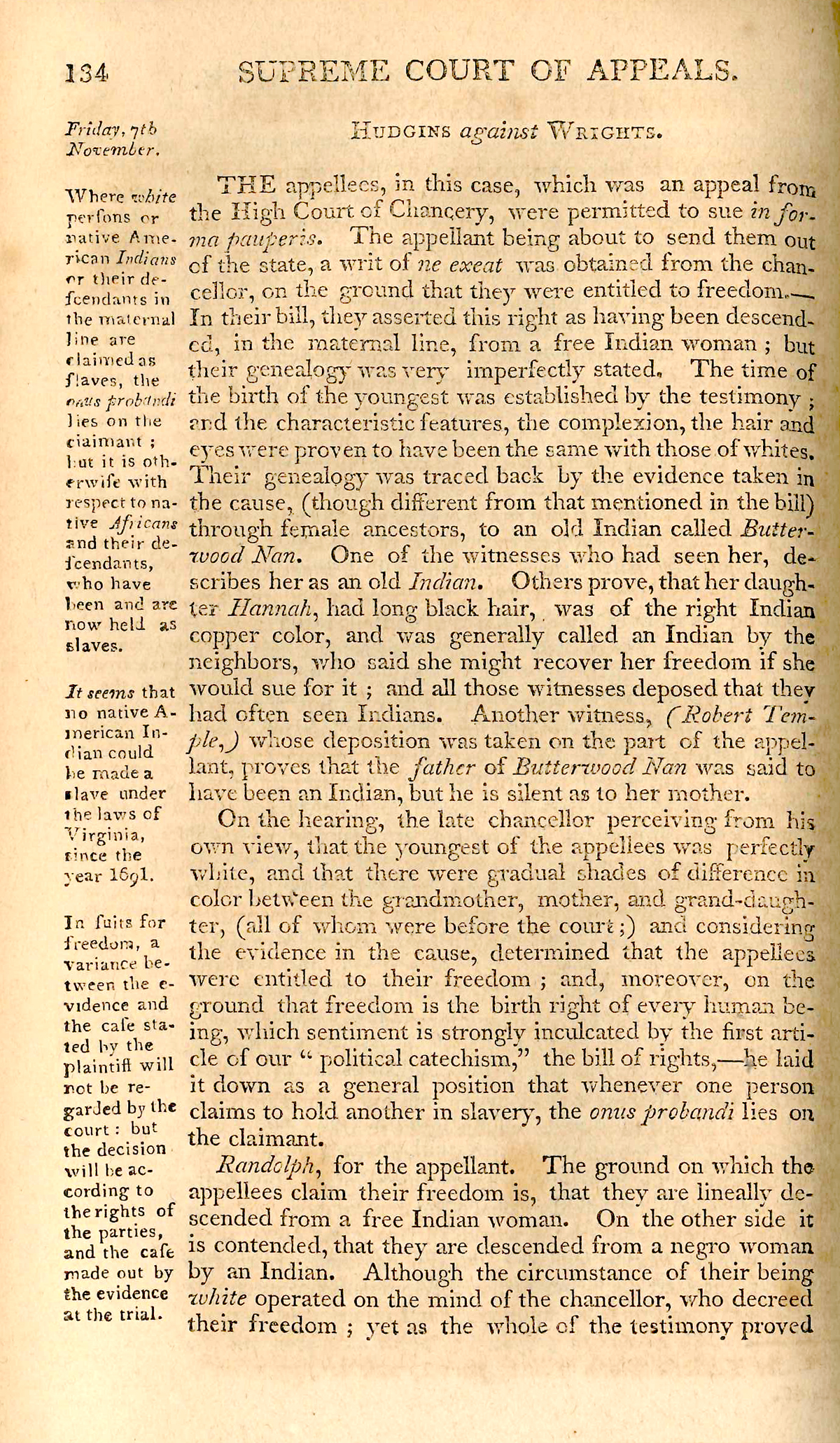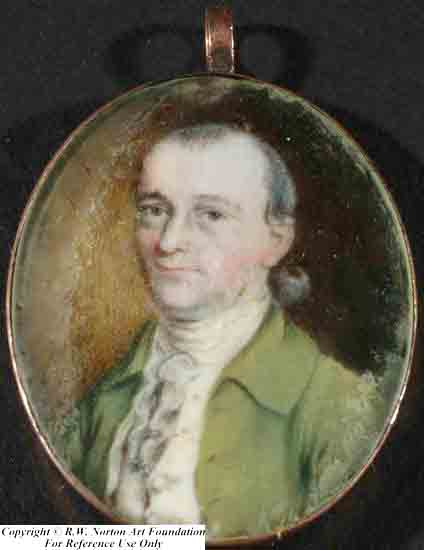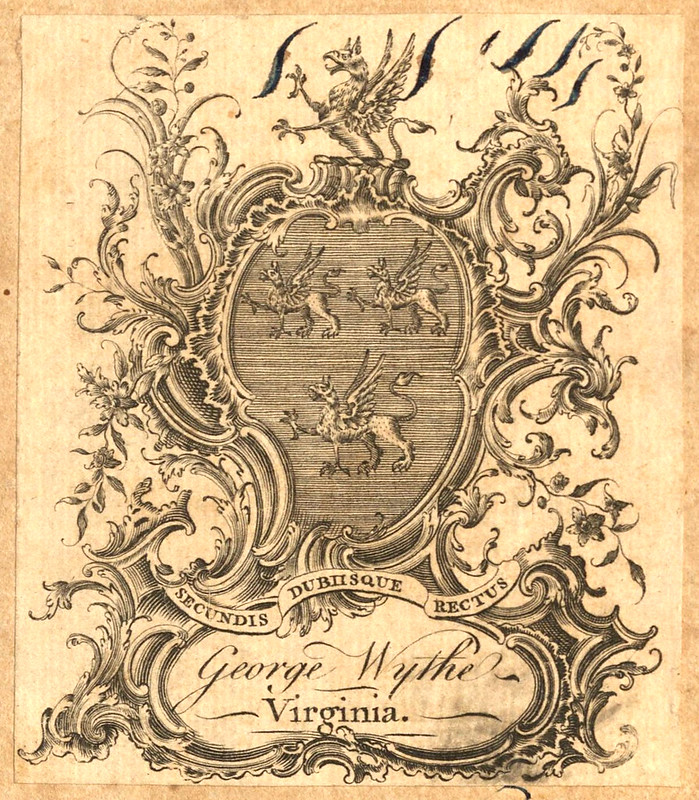Difference between revisions of "Main Page"
m |
|||
| Line 189: | Line 189: | ||
| style="background: #cedff2; font-size: 120%; font-weight: bold; border: 1px solid #a3b0bf; text-align: left; color: #000; padding: 3px;" | Featured Article | | style="background: #cedff2; font-size: 120%; font-weight: bold; border: 1px solid #a3b0bf; text-align: left; color: #000; padding: 3px;" | Featured Article | ||
|- | |- | ||
| − | | style="color: #000; padding: 5px 2px;" | [[File:BenbridgeWythe.jpg|link=Wythe the Lawyer|left|205px]]'''[[Wythe the Lawyer]]:''' | + | | style="color: #000; padding: 5px 2px;" | [[File:BenbridgeWythe.jpg|link=Wythe the Lawyer|left|205px]]'''[[Wythe the Lawyer]]:''' Before he was a Burgess, a Delegate to the Continental Congress, and Chancery Court judge, George Wythe spent many years as a humble country lawyer. |
|} | |} | ||
| style="border: 1px solid transparent;" | | | style="border: 1px solid transparent;" | | ||
Revision as of 10:11, 22 August 2023
Welcome to the George Wythe Encyclopedia, a project of The Wolf Law Library at the College of William & Mary's Marshall-Wythe School of Law in Williamsburg, Virginia. The encyclopedia provides historical and bibliographic information for the George Wythe Collection, The Wolf Law Library's ongoing re-creation of Wythe's Library, and is a compilation of material relating to the life of George Wythe, signer of the Declaration of Independence, chancellor for the Commonwealth of Virginia, and first professor of law in America.
|
|
|
|
|
About The Wolf Law Library
The law library at the College of William & Mary's Marshall-Wythe School of Law was rededicated in 2006 as The Wolf Law Library. The current facility was built in 1980, but the library was expanded and completely renovated in 2005-2007 to include space for over 400,000 volumes, seating for more than 500, 12 group study rooms, and the Nicholas J. St. George Rare Book Room, where some of the library's materials relating to John Marshall and George Wythe are on display. The library's mission includes providing access to law and law-related resources, as well as a wide range of services that support the law school curriculum and programs, promoting the advancement of legal scholarship, and fulfilling the information needs of students, faculty, and the local legal community.
For a detailed history of the library, see "America's First Law School Library: A History of the College of William and Mary's Marshall-Wythe Law Library, 1779-1995" by James S. Heller, in Law Librarianship: Historical Perspectives, ed. Laura N. Gasaway & Michael G. Chiorazzi (Littleton, CO: Rothman, 1996), 43-76.
